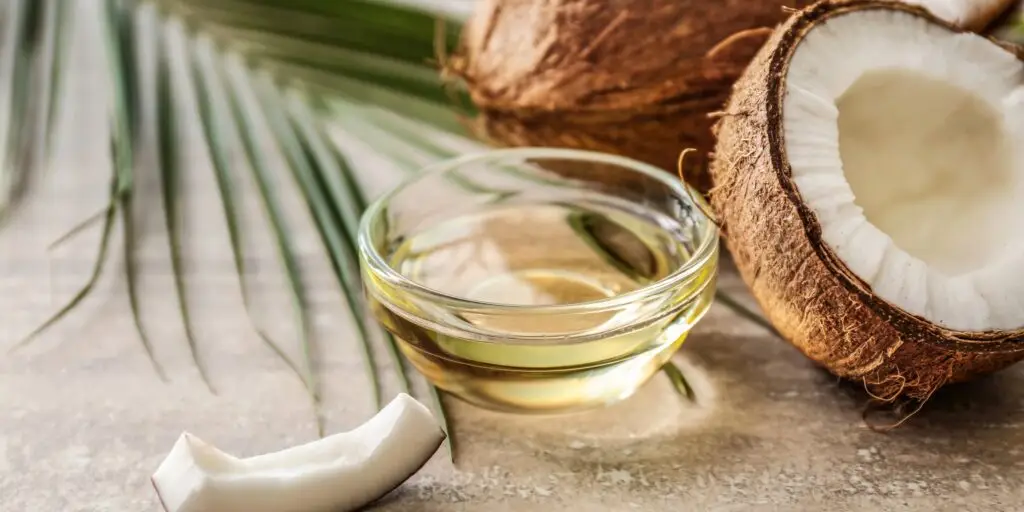
Oil Pulling and Oral Health
Oil pulling for dental health is a practice originating almost 3000 years ago from traditional Ayurvedic and Hindu medicine.
The practice involves swishing the oil through the mouth for approximately twenty minutes a day, the idea is that by swishing/ pulling the oil through the mouth the bacteria involved in causing plaque, gingivitis and decay bind to the oil before being expelled. Some people also believe this practice can whiten the teeth in the process.
Is there any scientific proof?
Oil pulling is an ancient method for maintaining oral health used well before tooth brushes and tooth paste. Science has shown the oral micro-organisms inhabiting the mouth are single celled with a lipid (fatty) membrane – this fatty membrane will bind to fat/ oil. Coconut oil has risen in popularity due to the fact it is 50% lauric acid. Lauric acid is known to inhibit strep mutants, the primary bacteria involved in tooth decay.
However, technology has advanced well past this so there are more efficient hygiene methods.
Scientists have developed detergents and abrasives such as calcium carbonate and hydrated silica which are much more effective in the removal of plaque whilst also protecting the enamel of the tooth from erosion.
While oil pulling can help expel some oral bacteria, it does not possess the same benefits to the teeth as fluoride contained in toothpaste.
Most modern toothpaste has from 1000 to 5000 parts per million fluoride which has been scientifically proven to provide numerous benefits to the health of the teeth; including prevention of tooth sensitivity, reversing the signs of early tooth decay and remineralisation of weakened tooth structure.
The American Dental Association has noted there is not enough current scientific evidence to support the practice of oil pulling as an ideal dental therapy alone, but can be used to reduce oral bacteria in conjunction with traditional dentistry, toothbrushing, fluoridated tooth paste and regular flossing.
Reducing the amount of sugars consumed in the diet will further reduce the rate of decay and acid producing bacteria in the mouth.
In terms of whitening the teeth, there is no evidence to support oil pulling as an effective method. Perhaps people have noticed an improvement in extrinsic tooth staining due to the reduction of yellowish plaque and bacteria. Hydrogen peroxide products are the most effective for teeth whitening and improving the intrinsic colour of the teeth.
Overall, if oil pulling is a practice you have been considering incorporating into your daily routine it won’t do you any harm and can possibly reduce harmful oral bacteria. However, we would remind you that the most important oral health practices are brushing, using fluoridated toothpaste, flossing and regular preventive dental visits. Oil pulling would be the lowest priority for oral health but does have some merit!
Share this post!
